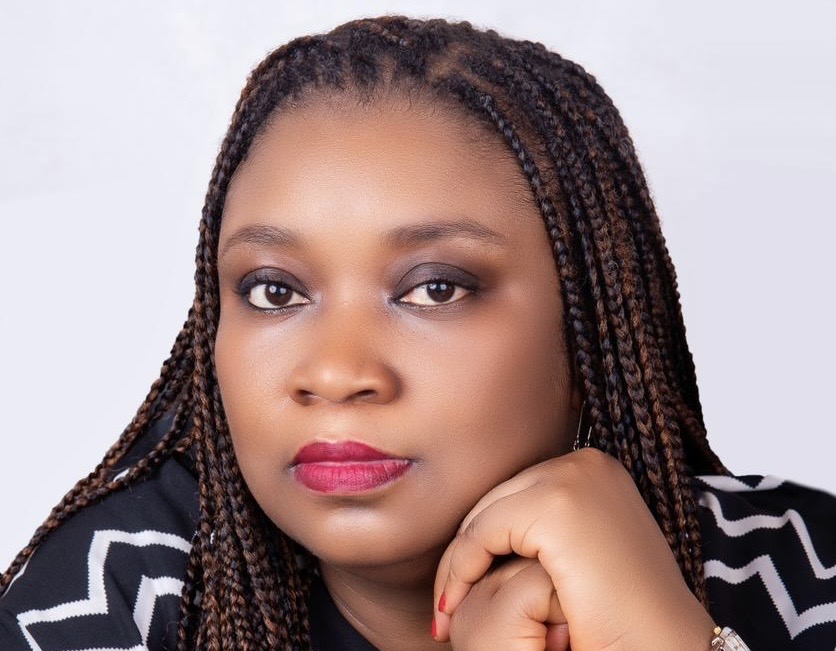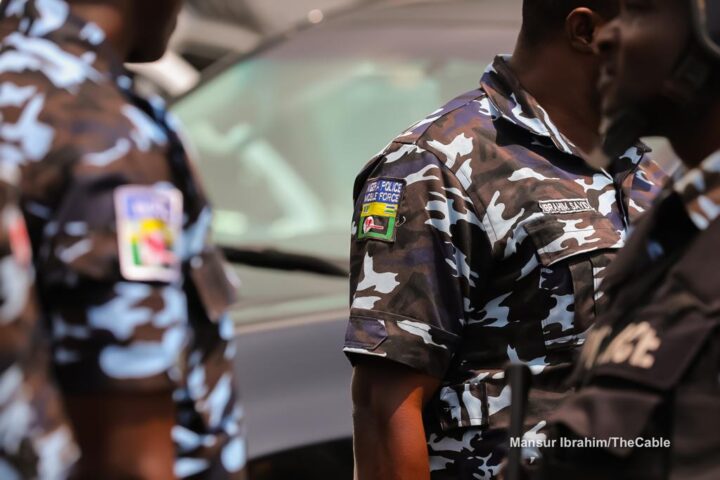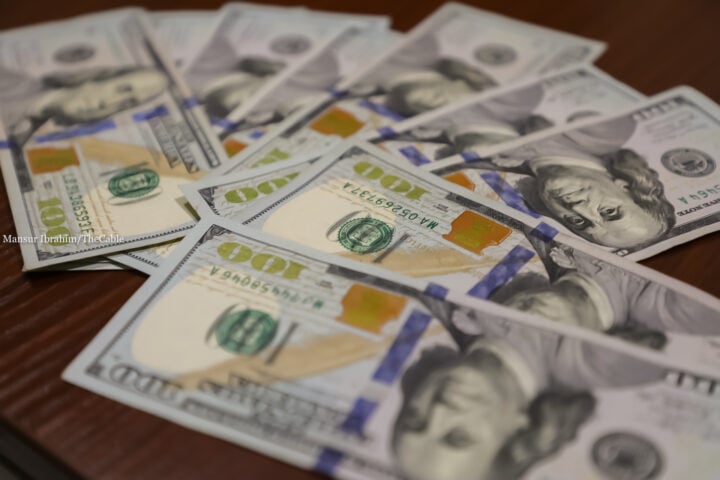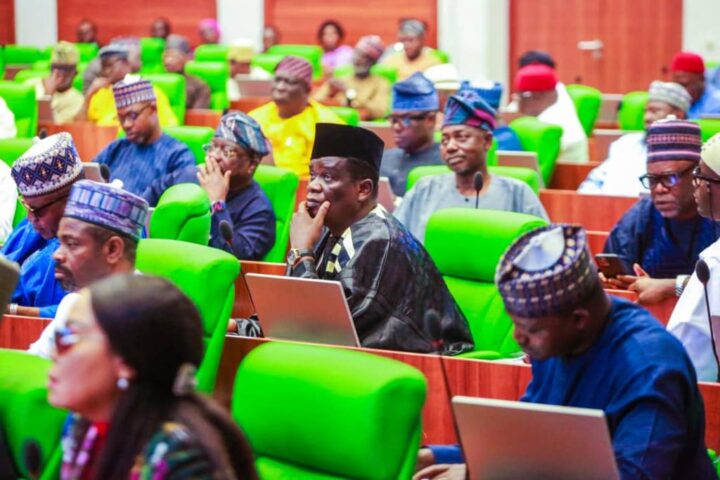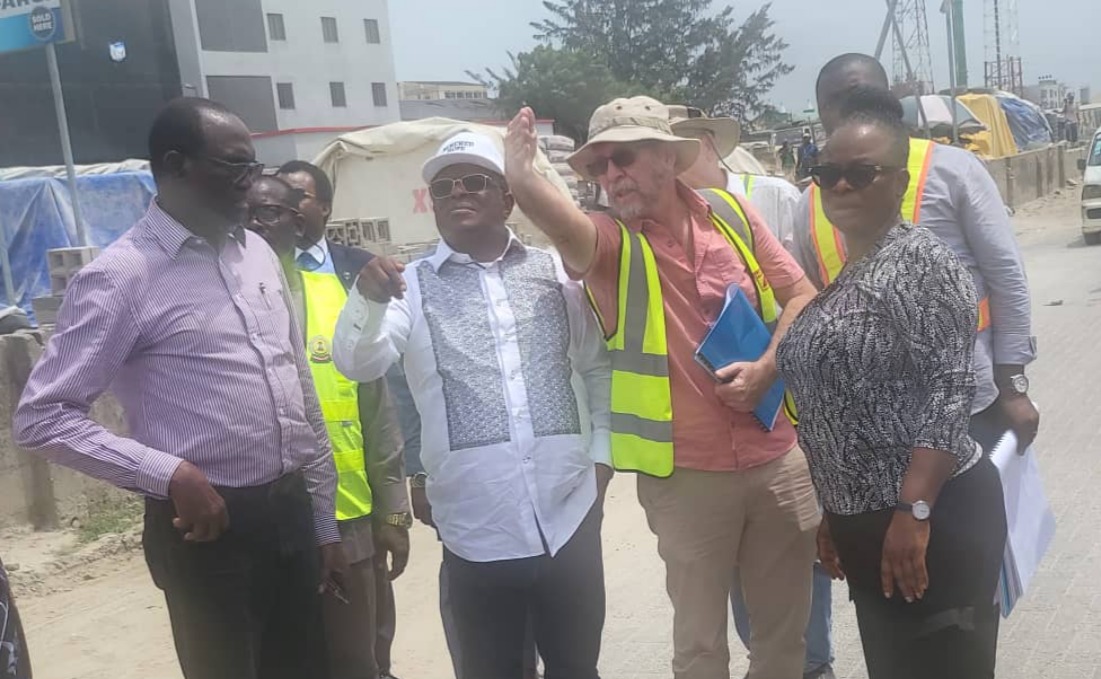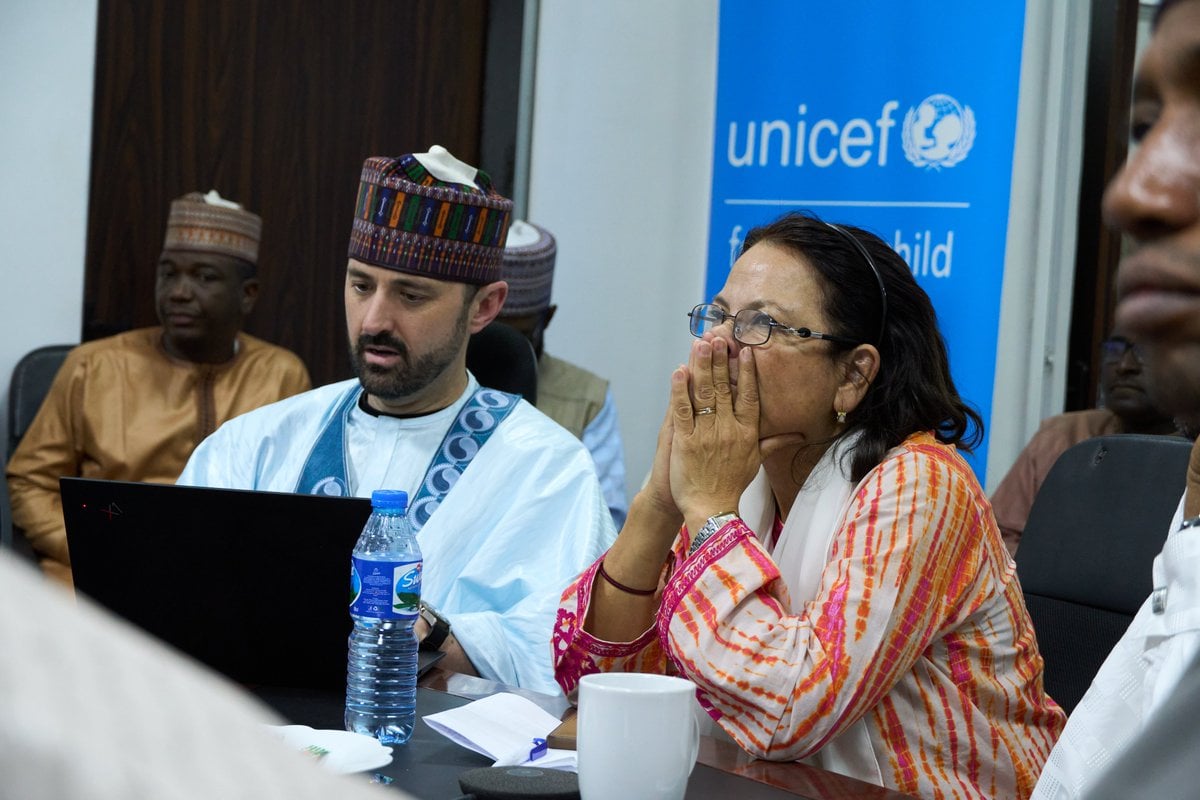The female gender is historically worst-hit by the impacts of variations in temperatures and weather patterns, with about 80 percent of people displaced globally by climate change being women and girls. Yet, they are largely excluded from conversations and decision-making on stemming the tide of climate change. Over time, this has limited women’s involvement in climate action, but several outliers are changing the narrative and driving the very change they demand.
In this interview to mark this year’s International Women’s Day, TheCable’s JANEFRANCES CHIBUNDU speaks with Ifeoma Malo, CEO and co-founder of Clean Tech Hub and Clean Tech Incubation Acceleration Foundation, on her contributions to climate action and how to get more women involved.
TheCable: Climate change affects women everywhere. How dire are the negative effects on women and what is the way out?
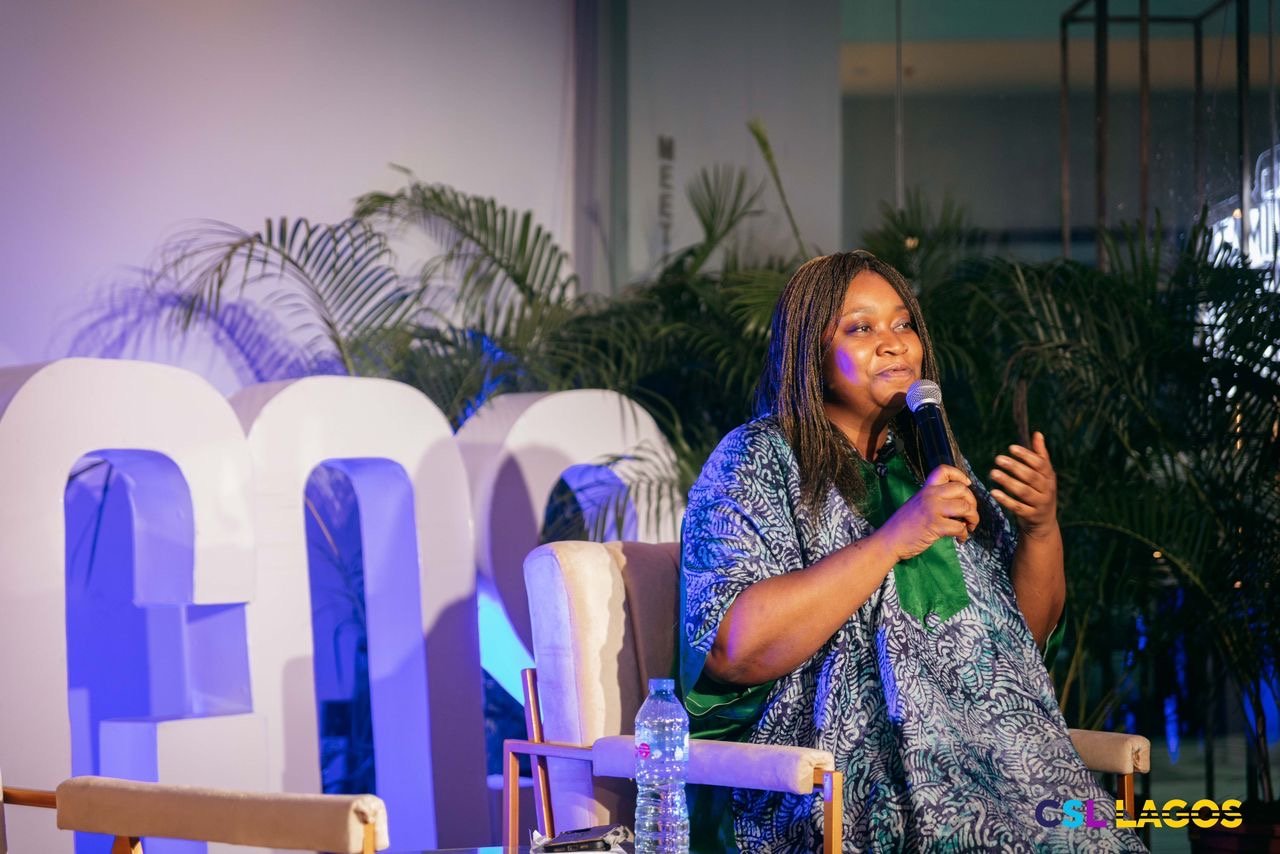
Malo: If you look at the floods that happened last year, two years ago in Nigeria, there was a lot of displacement of people, mainly people who were poor, and people who had nowhere to go. And a lot of them were women; so many of them stayed back because it’s very difficult to move around with kids. And even for those who ran, you could see them struggle. People had babies on their backs, their belongings on their heads, and they were carrying two or three children and trying to get to safety. That is the archetype of what happens when there is a climate disaster when there are rising seas, floods, and rising temperatures.
Advertisement
Recently, we went around Abuja to just do a bit of street socialisation around heat and the heat wave. One of the things we were saying to the women at the marketplace — mostly nursing mothers — was to see how they could buy pure water and pour some of the water on the children just to mitigate the heat. That was when we heard that pure water is now N115 a sachet.
Climate change is exacerbated by poverty, and this sort of poverty mostly wears a woman’s face. And so, when we’re thinking of mitigation and adaptation measures, it’s about how we stop the encroachment of climate in everyday life. But then, how do we also create normalcy for people who are trying to adapt to the changing climate in many ways, and that’s where you’re faced with a lot of the conundrum between poverty, gender and climate.
TheCable: This year’s IWD theme is ‘invest in women: accelerate growth’, and given that COP29 stakeholders are majorly men, how can we ensure that more women are included in decision-making processes related to climate change?
Advertisement
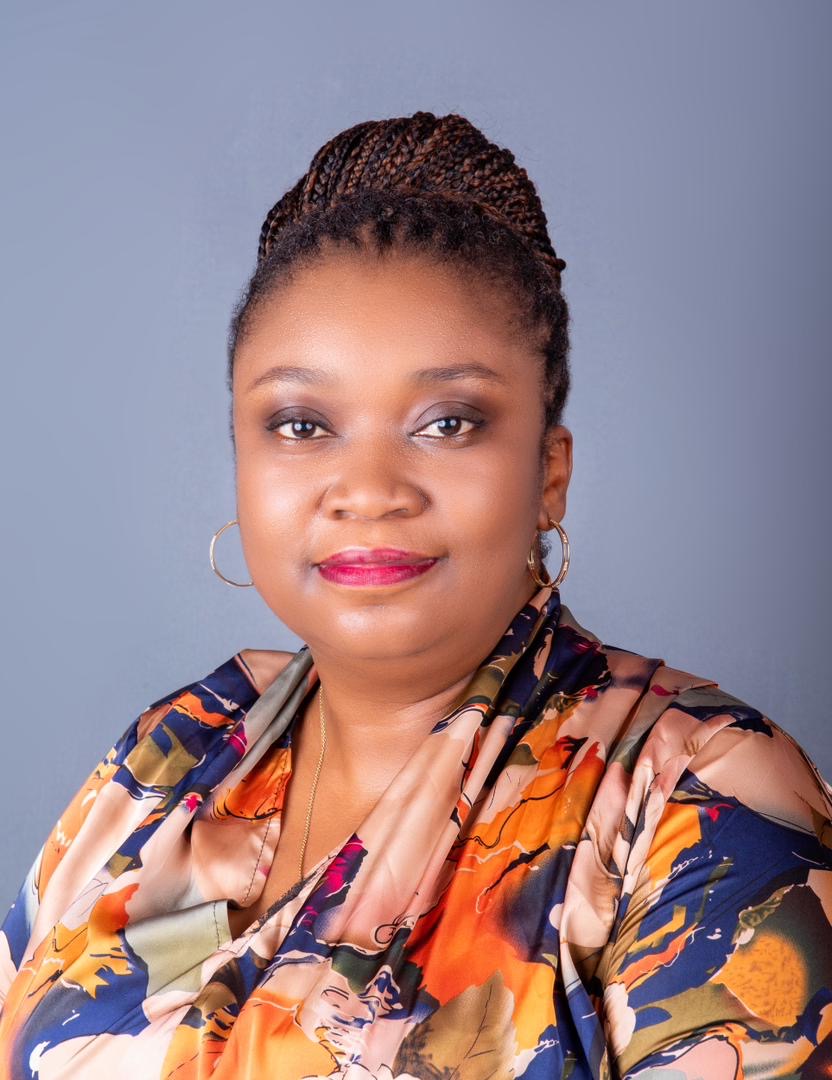
Malo: One of the things it teaches us as women is that there’s a complete absence of thought around our contribution and our value. What I advise is that sometimes women should just create their own tables; maybe this is the time for Nigerian women to organise and also plan what they want to achieve at COP. It shows that the women who are working in this sector and pushing it both at the community level, policy level, or investments and financing level don’t matter. So maybe we need to get our own roundtable to discuss this issue.
At Clean Tech Hub, one of the things we started doing was to deliberately hire women, because there’s no way we are going to make progress if we are leaving half of your population out of the discussions, out of the policymaking, out of the tables where you’re trying to figure out how to tackle an existential crisis like climate change. One of the things about women is that they can read their communities wherever they go; whether it’s their sisterhood, communities, or associations. And they’re community builders as well, so when you hire a woman, when you provide opportunities for a woman, or you put a woman on a table as part of the decision-makers, or for policy intervention, you’re likely to see a difference in thinking or a different approach to getting a more holistic solution.
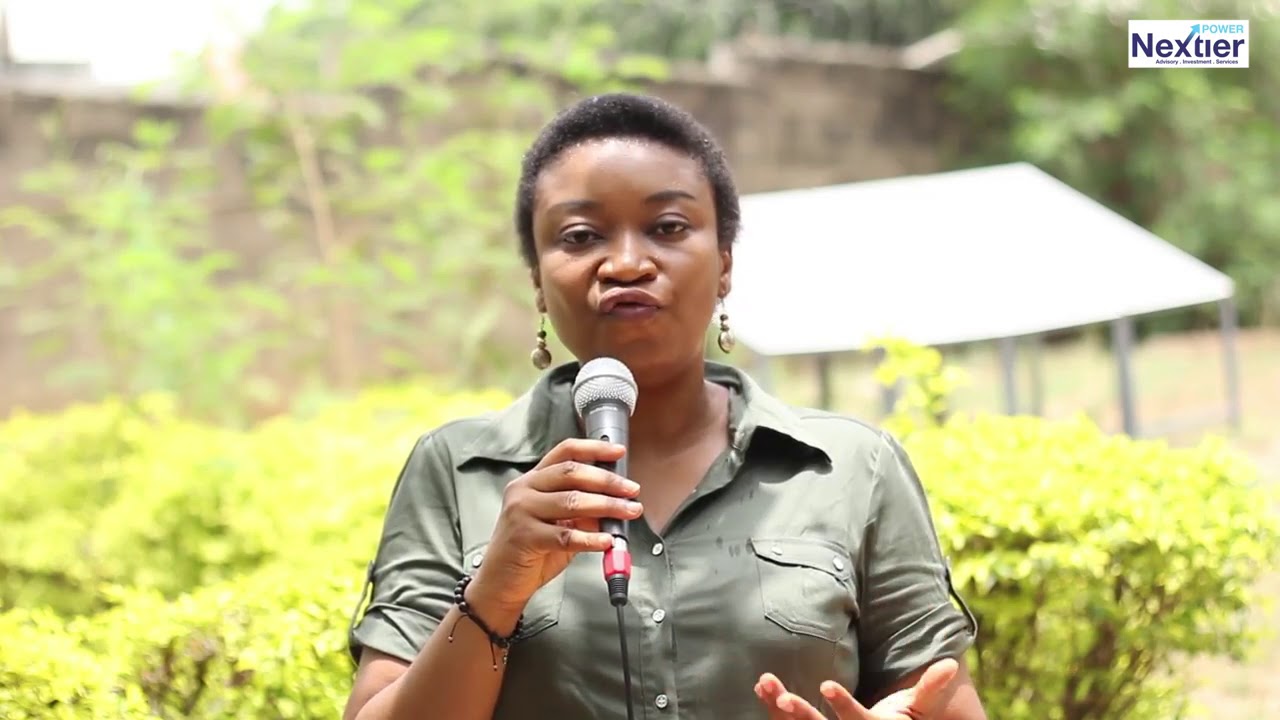
TheCable: You were one of the authors of the Agora policy paper on climate change. What was the scope of your contribution?
Malo: Well, I’m happy that that policy has continued to gain traction and a lot of interest in terms of how it frames Nigeria’s climate issues. One of the things about the policy was that it was written by four or five authors. I was the only woman on the team. Had it not been that we were trying to meet a deadline for the publication of this policy, I would have asked for another woman to join the team.
Advertisement
One of the outcomes of the Agora policy paper on climate change is that we looked at key segments in the climate change trajectory; issues around flooding, health care, economy, water and natural resources, agriculture, energy and infrastructure. My contribution was more on the energy and infrastructure parts, looking at the policy framework around these and some of the economic development, and how if we get our economic priorities around climate right, it can make us more competitive, give us more energy security and create more sustainable development. And so, those were some of the things that I sort of tackled when we were co-writing the policy paper.
TheCable: How can we empower and support women in becoming leaders in the climate change movement?
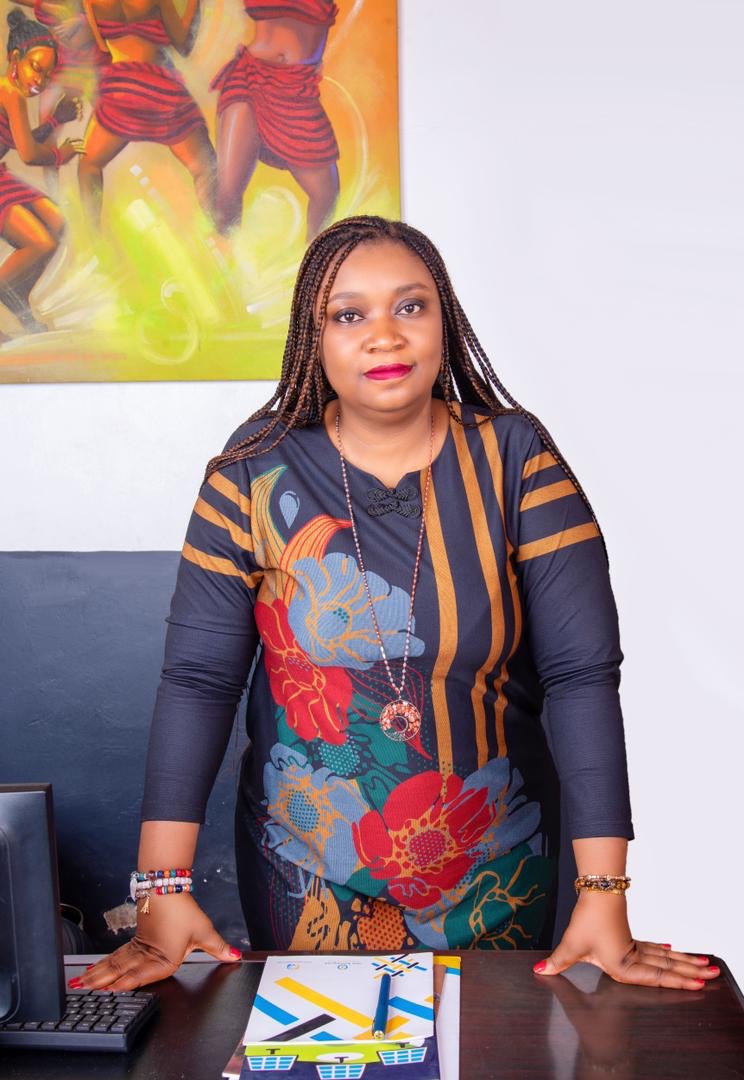
Malo: Women are natural climate change actors and advocates because they have a natural early warning mechanism. They already see how things are happening and how they are changing, and most times, they are already trying to adapt to those changing environments. When a woman’s farm is flooded, you see her trying to look for ways to make sure that there is a bit more regeneration in the soil that she’s using to farm, and that it is on a higher plane so that her plants are not washed away. Women are wired to be natural advocates for climate change.
Part of what our streets business school at Clean Tech Hub does is to come in and teach women about what’s going on because they see things like drought and flood happening around them but do not have a name for it. Secondly, we tell them to do a bit more advocacy on their own to teach other people in the community. Thirdly, if they have businesses that they are running, we teach them how they need to adapt their businesses in light of the changing climate.
Advertisement
Fourthly, we work with them to develop microcredit schemes where they can get loans at zero interest rates or very low interest rates, to be able to manage all of the changes that are occurring in their businesses and to keep their businesses afloat until they’re more stable. These are some of the things that we can highlight and escalate so that more people, more women, more businesses, more micro businesses, and more communities can get ahead of the climate change curve.
TheCable: How can Nigeria cut down its emissions and meet up with its nationally determined contributions (NDC)?
Advertisement
Malo: One of the things about Nigeria’s emissions or Africa’s emissions is that it is still very low. A lot of the Western countries that are asking us to cut emissions are aware that we don’t pollute one-hundredth of what they pollute. But the truth is that the world is at some point going to transition from fossil fuel. As a serious country, we should be looking at electric cars, and what we can produce here.
What is the unit of production that we have here in Nigeria that can go into a lot of these clean energy technologies? Whether it is clean mobility or electric mobility, how do we use those hydrogens for domestic use and not just for exports? I am all for us reducing emissions, but I am also big on looking at some of our clean natural resources and harnessing them for our economy. We don’t even have electricity to run our factories; let’s be honest, we haven’t had stable electricity in the country for the past week, one month, so what exactly are we producing that we’re reducing emissions?
Advertisement
The main thing around emission standards is when you are manufacturing and building. All of our major indicators around all of these productive activities are very low.
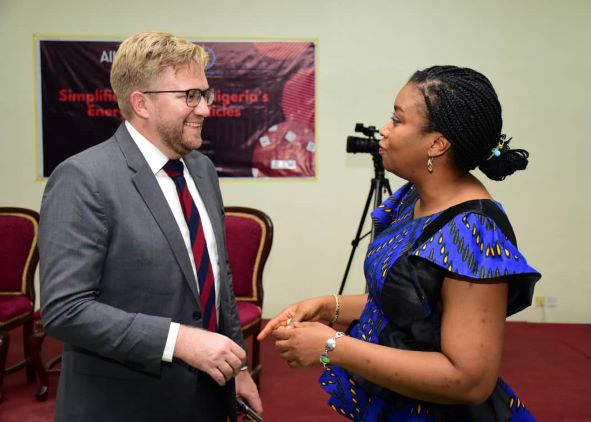
TheCable: Tell us about some of your initiatives or projects as a woman driving climate action.
Advertisement
Malo: Clean Tech Hub has three core departments; the energy access department, the climate change department, and the sustainable entrepreneurship department. All these are intertwined and interlocked in many ways. For the energy access department, we’re focused on issues around providing energy access to the energy poor and using renewable energy.
And if you know renewable energy or cleaner energy, it’s an emission reduction process where we’re working to provide clean energy using solar, clean hydrogen, geothermal, and mini-hydro to provide energy to people who don’t have it. And because we’re using clean energy sources, there’s a lot of reduction in our emission projections, which helps with the climate targets, and also feeds into the climate mitigation work we do at Clean Tech Hub.
In the climate change department, we work on adaptation measures. Some of them are behavioural change, helping people learn new skills, new tools, and new technology to combat the climate change happening in their communities. For instance, we have a sub-department called carbon markets where we’re teaching small and medium-sized enterprises how to calculate their carbon emission and leverage financing through their carbon assets.
We run a community business school focused on teaching women in rural and last-mile communities how to make money using renewable energy products, how to become trainers of trainers, to teach other women how to use those renewable energy products, and how to become sales agents for renewable energy companies so that they can earn commissions. And then we teach them basic bookkeeping of how to run a business.
TheCable: What message do you have for climate change stakeholders about women’s inclusion?
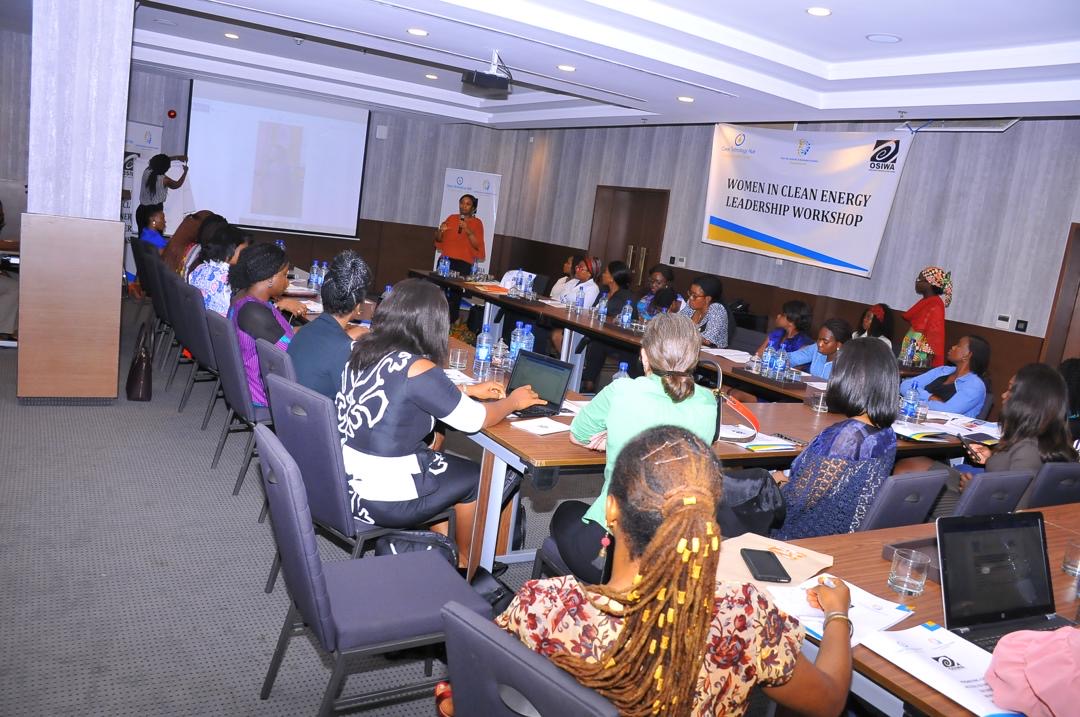
Malo: Women are an integral part of any country, continent, or global growth. A woman has to be part of the conversation, the decision-making, and the implementation. And so when we talk about women and climate, gender and climate, it is absolutely important that you bring women to be a part of the conversations that are driving climate change, so that they carry along the communities that they have built, or they are part of, into those conversations. Only then can you gain traction and growth around climate action much more quickly.
